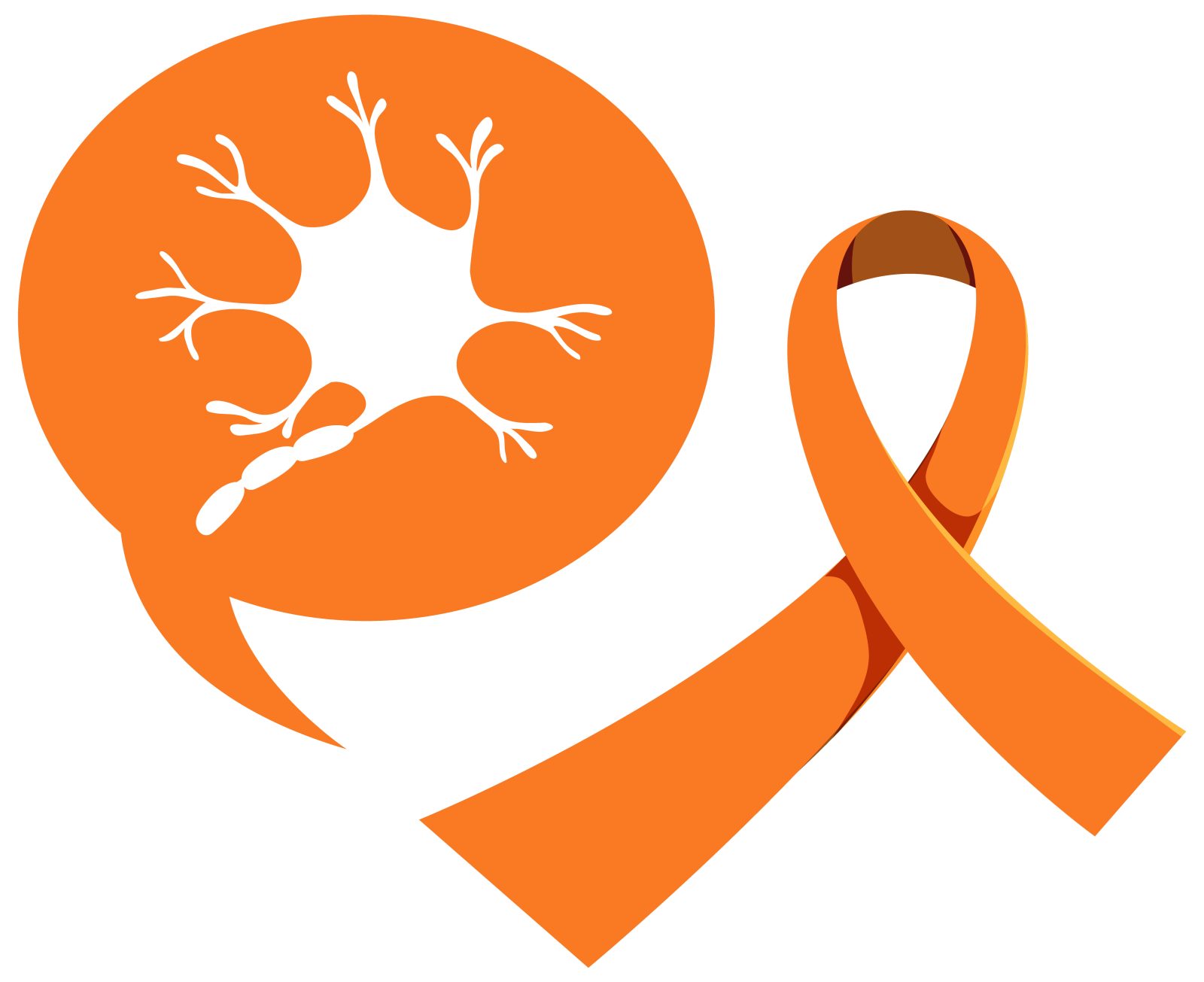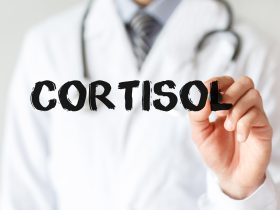The central nervous system is particularly vulnerable to the inflammatory disease known as multiple sclerosis (MS). It occurs when the body’s immune system mistakenly targets the myelin sheath around your nerve fibers. It damages nerves and interferes with nerve signaling. Sexual contact is a major vector for the spread of the human papillomavirus (HPV). Actually, human papillomavirus infections are the most frequent STIs. Genital warts may develop if exposed.
Cancers of the cervix, vulva, and anus are just a few of the tissues that have been linked to HPV. However, vaccinations against the human papillomavirus are available. Particles identified on the surface of the virus that are not infectious are used in the vaccination. The body produces antibodies in response to the particles. If you later come into contact with the HPV virus, your body will still produce the same antibodies to protect you from infection.
Safe use of the HPV vaccine has been demonstrated. The role it plays in autoimmune illnesses like MS is still up for debate. The high prevalence of MS among teenage girls, who are the target population for the HPV vaccine, explains this.
Does HPV play a role in MS or does it cause it?
There is no evidence that HPV either directly or indirectly causes multiple sclerosis (MS).
Researchers conducted a short study in 2019 and found that women who had HPV had a much higher incidence of autoimmune illnesses. It is hypothesized that infectious organisms, such as viruses, may play a role in the development of autoimmune illnesses in individuals who are genetically prone to developing such conditions.
Is Multiple Sclerosis linked to HPV vaccines?
In spite of the debate surrounding the possible link between HPV vaccines and multiple sclerosis (MS), research has been unable to establish such a connection. Comprehensive analysis from 2015 According to the findings of Trusted Source, the HPV vaccine is not associated with multiple sclerosis or other illnesses that affect myelin.
The association between the HPV vaccine and the risk of multiple sclerosis was not found to be statistically significant in a review of 15 studies that were conducted in 2018. The researchers’ investigation led them to the conclusion that there is no connection between the vaccine and MS.
Can Multiple Sclerosis be caused by anti-HPV drugs?
The HPV infection by itself cannot be treated because there is no cure. However, there is medication available for genital warts brought on by HPV.
There are topical treatment options for treating genital warts, such as trichloroacetic acid, podofilox, sinecatechins, and imiquimod.
The only medicine that has been linked to multiple sclerosis is imiquimod, which works by boosting the body’s immunological response. It can exacerbate existing cases of multiple sclerosis, most likely as a result of the impact it has on the immune system.
Because of this, imiquimod can only be used to treat genital warts in people who have immune systems that are functioning normally.
Is the HPV vaccine worth it?
The HPV vaccine is not recommended for everyone. The vaccine is recommended for all 11- and 12-year-olds by the Centers for Disease Control and Prevention (CDC). If you are between the ages of 9 and 26, the CDC strongly suggests that you get the vaccine. The upper age limit has been set at 26. Because most sexually active individuals have previously been exposed to HPV, the vaccine will have less of an impact on their health.
Some worry that the HPV vaccine may directly or indirectly cause multiple sclerosis. Recent studies, however, have come up empty. No conclusive data links the HPV vaccine to multiple sclerosis.
Furthermore, several viruses may initiate MS, but HPV is not one of them. So far, studies have failed to link HPV infections with multiple sclerosis. Modulating the immune system with medicines may be an option for treating HPV-related genital warts. This medication has the potential to worsen MS symptoms by stimulating the immune system. Despite this, studies have not linked HPV drugs to a higher risk of developing MS.















Find Us on Socials